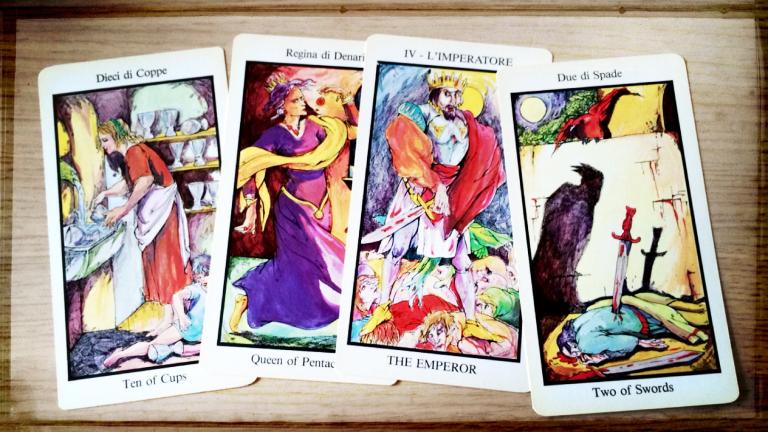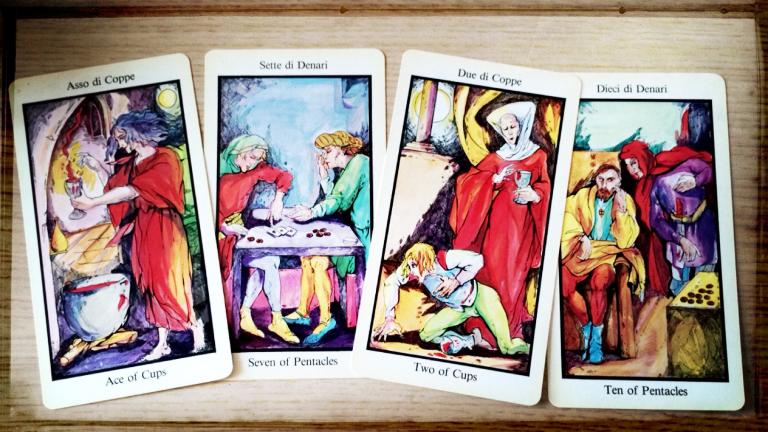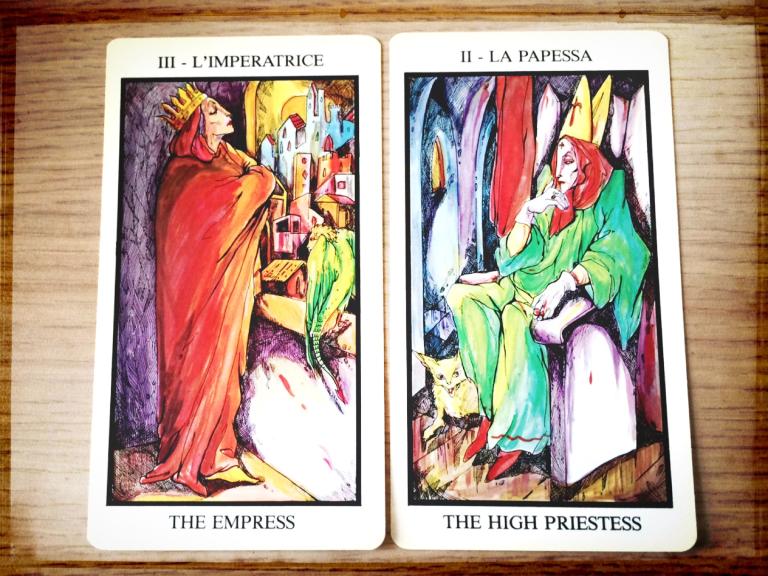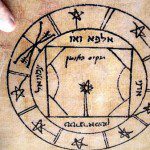
As someone in the business of serving, I like to observe psychodynamics among people in the art of self-development.
I’m particularly interested in the triggers around re-calibrating inherited patterns.
For instance, it’s common knowledge now that there’s such a thing as inherited behavior patterns…
… like the recognition that if your father was a bully, chances are that you’ll be fighting with the demon of aggression too, both in your childhood as well as in your adult life.
If your mother divorced five times, chances are that you’ll also fight with the demon of instability in relationships.
If your grandfather was a gambler, chances are that you will also fight with the demon of scattered finances.

The business of self-development is often about bringing to awareness such patterns, and investigating into their nature.
But what exactly do inherited patterns have anything to do with you?
This is a very good question, and one that springs immediately from the work of identifying what is wrong, when it went wrong, and why it went wrong.
What is often not stretched beyond is the more interesting question of, ‘so what’?
The question of ‘so what,’ is often dodged because it forces you to ask the question of ‘why?’
‘Why do I project? Why do I fill my head with the past (injustice, insolence, indifference, etc)? Why do I fill my head with fear or desire about a future I don’t know?’
‘If my father or my mother passed on to me their demons and shortcomings, why do I have to repeat what they did?’
‘So what if they were wrestling with demons? Their demons are not my demons.’
You’ll be hard pressed to find a reference point for your family’s demons actually also being yours. They are not, and will never be.
They CAN be, however, if your process of investigating into your inherited patterns of behavior ends on a note of blaming and then relegating.
You can get very good at describing so-called toxic and destructive inherited patterns. You can even outline these patterns in a tone of surprising astonishment, whenever you discover as yet undetected aspects of these patterns’ manifestation, for instance the idea that your mother’s emotional instability may be due to self-infatuation and narcissism.

You can ask yourself:
‘How much of these inherited patterns inform my life, as I take a look at it and see that I also have a problem with love, money, shame and guilt, or whatever other concept in vogue that happens to come to my mind?’
What I’m interested in is what people do with this identification: ‘I also… (experienced the trauma of abuse, of not being seen, of not being taken seriously, etc).
Try posting something related to inherited patterns in the social media, take a step back and then watch how many join the discussion, responding to what you say with ‘I also…’
The question that begs itself is, however, this one:
So what?
Try to observe how many, if ever a single one, who upon acting on the relatable story, actually takes it further, and perhaps says, ‘I also… but, so what?’
As in, ‘I also suffer from this, but so what? At the end of the day, if my father had a money problem, and I also have a money problem, I can actually change that by simply saying ‘no’ to temptation.’
You don’t go and book a trip to Paris, when you can’t even afford a pack of 10 tins of beans that you can stash in your kitchen for hard times – because, hey, you’ve inherited this fear around scarcity, and the trip to Paris is there to validate your self-worth.
The point is this:
There is inheritance, and then there’s the tyranny of inheritance.
Consider how many times you relish relating to people’ stories and their experiences as they mirror yours. All fine. This is how we function, by learning from our experiences and those of others.
Now consider also how many times you never stretch what you relate to, or the relatable story, to a level that’s actually liberating.
Saying to yourself, ‘I also… but so what?’ is very easy. It requires no self-development course that will teach you a special method for how to deal with what you’ve inherited, because all it takes is two words: ‘So what?’ (or maybe three, if your inherited demon is anger, ‘so fucking what?’
To make it more interesting, you can take your cards, and ask them:
What demons have I inherited from my family, and how do I repeat destructive patterns?
Take a close look at the cards. See if you identify anything familiar to you. Then take a look at the cards from some distance, and say: ‘So fucking what’?
You are what you see yourself as, not what you see your parents as, whom you can always conveniently blame.
As Philip Larkin put it: ‘You parents fuck you up.’ So fucking what?
You are what you dwell on. You are the words you use to describe what you dwell on.
Do you prioritize the list that describes just how many bad habits you’ve inherited, or do you take the high road to self-liberation: ‘This list is a goddamn long list, but so what?’
‘So what?’
… is a magic phrase that disrupts all behavioral patterns, whether inherited, familiar, or self-made.
‘If you can name it, you have power of it,’ they say, and they are right. If you can name what you suddenly see is not useful in your life, you have power over it.
But how do you use this power?
Don’t prioritize accord (I also…)
Prioritize action (I also… but I can choose not to…)
♠
NEW COURSE:
THE LENORMAND CARDS FROM A TO Z: In depth foundation course.
Registration opens soon. Join The Art of Reading to be notified.

















